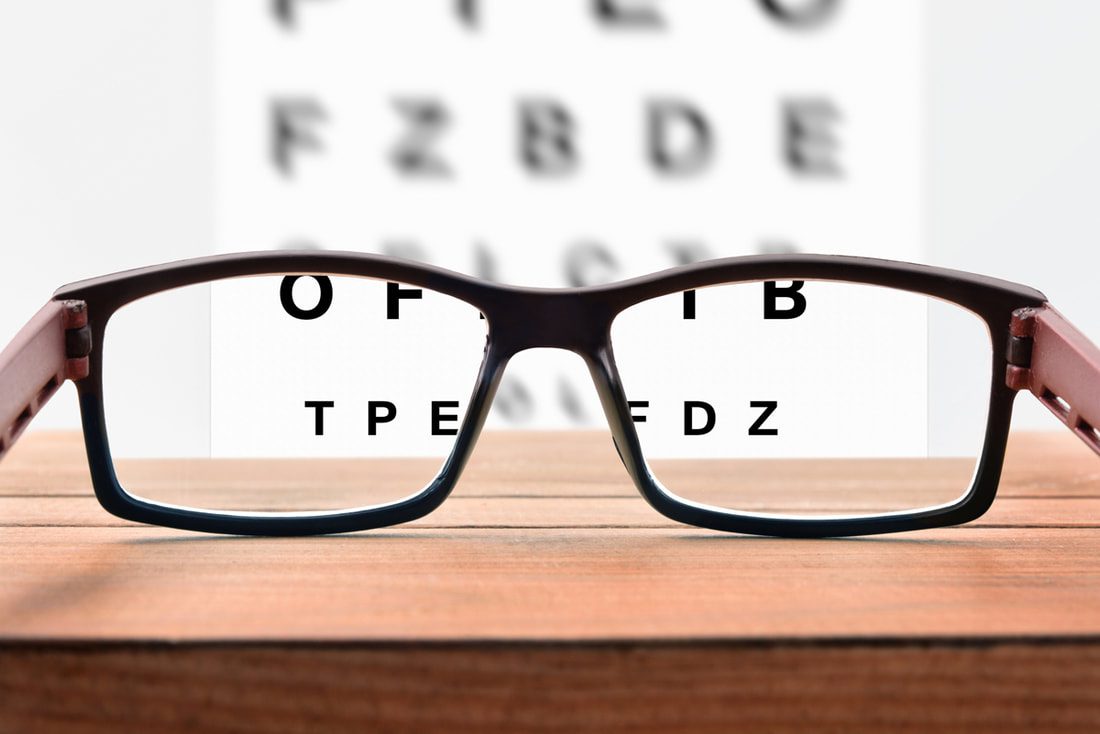1. You Wear Eyeglasses Or Contacts
If you or anyone else who would be covered under a potential vision insurance policy has need of eyeglasses and/or contact lenses, it makes a lot of sense to say “yes” to this kind of insurance coverage.
New glasses or contact lenses are generally included or discounted under many vision insurance policies. Plus, your annual eye exam and/or contact lens exam will also be covered. And as your vision, possibly, continues to change over the years, you may need tests to determine if you need a stronger prescription. It’s all covered under a good vision insurance plan.
2. You’ve Experienced Vision Problems Recently
If you have noticed any problems with your eyes or signs of weakening of your vision in recent months or years, a vision policy becomes that much more urgent.
Have you had trouble seeing objects close up or at a distance recently? It could be a sign of the onset of nearsightedness or farsightedness. You might need glasses or contacts soon or reading glasses.
It’s even possible a more serious eye condition could be in its earliest stages, and you might need to see a specialist aside from just a regular eye exam. Vision coverage will save you money on all of these potentially necessary services.
3. You Have A Family History Of Eye Disease
Many people have a family history of eye conditions such as cataracts, macular degeneration, and glaucoma. A hereditary predisposition to eye problems makes then much more likely to appear, especially when you get past 40 and then past 65.
The bottom line is that even if you have seemingly 100% healthy eyes today, if you have one or more eye diseases that run in your family, you are wise to buy vision insurance by age 40 if not earlier.
4. You Have Diabetes And Thus Are At Greater Risk
Those with type 2 diabetes are at far greater risk of developing several eye conditions. Chief among these is diabetic retinopathy, but diabetics are also at greater risk of developing cataracts and glaucoma.
Realize that, in fact, diabetes is a leading cause of blindness in the US and throughout the world. Controlling your blood-sugar levels properly and glucose levels will go far toward reducing your risk, but being diabetic automatically puts you in a higher risk category.
Vision insurance is a virtual must for those with type 2 diabetes. That’s the bottom line.
5. Your Regular Health Insurance Doesn’t Cover Your Eyes
This is the case without almost everyone – your regular health insurance does not cover the things covered by vision insurance.
If you want to be insured against all major medical problems that could occur, you will need more than one type of insurance policy. And vision insurance will need to be a part of your overall plan.
To learn more about vision insurance or for a free quote, contact the experts at Flagler County Insurance Agency today!
